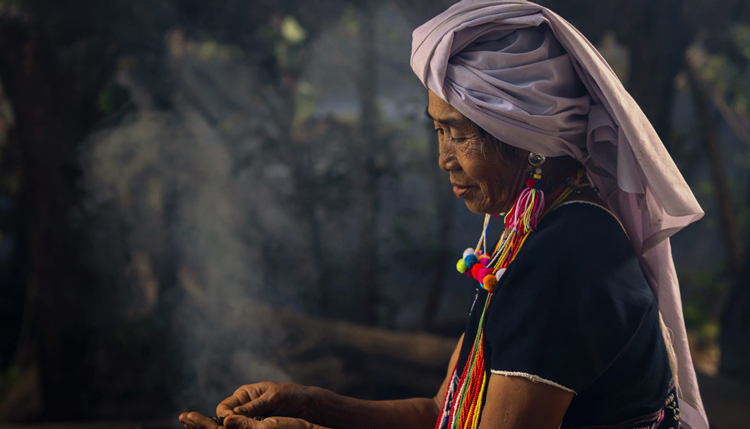Eduardo González
The Minister of Foreign Affairs, Arancha González Laya, will make working visits this week to Slovenia and Austria, where she will address issues related to the European Union and the upcoming Slovenian presidency of the EU. The Minister’s last European tour took place more than a month ago, when she traveled to Romania and Poland to prepare the bilateral summits with these two countries.
The tour will begin on Thursday in Ljubljana, capital of Slovenia, where González Laya will be received by the President of the Republic, Borut Pahor, and the Prime Minister, Janez Jansa, according to diplomatic sources. She will also hold a working meeting with her counterpart, Anze Logar, with whom she will discuss matters on the bilateral agenda and foreign and European policy, especially with a view to the forthcoming Slovenian presidency of the EU Council, which will begin on July 1.
González Laya already met for the first time with Logar last September 28, during a working visit to Madrid. On that occasion, the two ministers discussed, among other issues, the Western Balkans and the Slovenian initiative to intensify the dialogue between Serbia and Kosovo, “one of the main priorities of the Slovenian Presidency”, according to Logar. In addition, the head of Slovenian diplomacy invited the Spanish minister to visit his country and González Laya announced at the joint press conference that she had accepted the invitation and that her visit to Ljubljana would focus on “a series of sectors” in which it was intended to “have an impact on improving trade, investment and economic relations”.
Relations between Spain and Slovenia are good, according to the Foreign Ministry. Both countries share interests and objectives in Mediterranean affairs, in EU policy towards the Western Balkans and Turkey, and in the need to resume dialogue with Russia. One of the few frictions between the two countries occurred in December 2018, when Borut Pahor received the President of the Generalitat, Quim Torra, who used the trip to defend the “Slovenian way” for the independence of Catalonia. In April 2019, the then Minister of Foreign Affairs, Josep Borrell, went to Ljubljana, where he got the then Prime Minister, the centrist Marjan Sarec, to publicly criticize the meeting with Torra and warned that “Spain is a sovereign and democratic state” and there is “no parallel” between Slovenia and Catalonia. Pahor himself specified, after meeting with the Catalan leader, that “the question of independence is a matter for the Catalan people and the Kingdom of Spain, in which Slovenia does not wish to intervene”.
Apart from that, this week’s visit will come barely a month after Jansa overcame a motion of censure filed by the left against the “authoritarian tendencies” of what is already known as the “Slovenian Orban”. In fact, Slovenia joined Hungary and Poland at the end of 2020 in opposing the conditionality mechanism imposed by the European Council to access European recovery funds, which required compliance with the rule of law.
Austria
On Friday, Arancha González Laya will arrive in Vienna, where she will meet with her Austrian counterpart, Alexander Schallenberg, and with the Chancellor, Sebastian Kurz, with whom she will discuss matters on the bilateral, European and foreign agenda. Foreign Affairs sources did not provide further details on these meetings, but what is known is that Austria and Spain are two of the six countries that last week sent a joint declaration to the European Commission to call for the development of digital health information tools between States, such as the vaccination certificate, to facilitate mobility in the wake of the COVID-19 pandemic.
According to the Ministry of Foreign Affairs, relations between Spain and Austria are “excellent” and there are no significant disputes or bilateral tensions or radically different positions on important issues, both within and outside the EU. The last visits of Spanish foreign ministers to Austria took place in June 2015, when José Manuel García-Margallo traveled to the country on the occasion of the 70th anniversary of the liberation of the Mauthausen camp, and in 2018, when Borrell participated in Vienna in an informal meeting of EU foreign ministers (Gymnich) and in the high-level Africa-Europe forum, organized in August and December of that year on the occasion of the Austrian Presidency of the EU Council.
Arancha González Laya’s trip to Vienna will also have a multilateral component, as she will meet with the Secretary General of the Organization for Security and Cooperation in Europe (OSCE), Helga Schmid.







